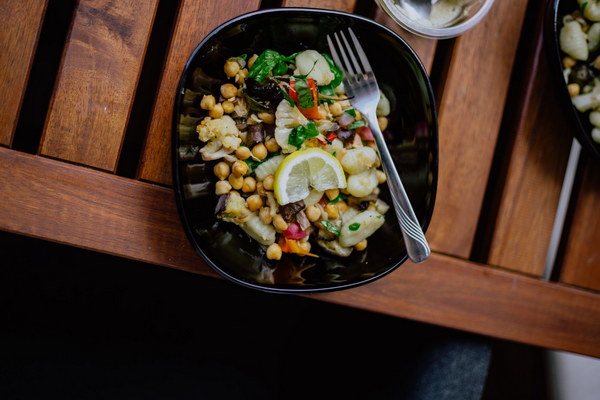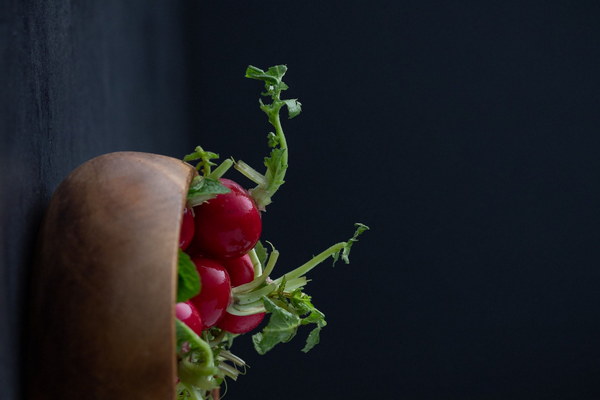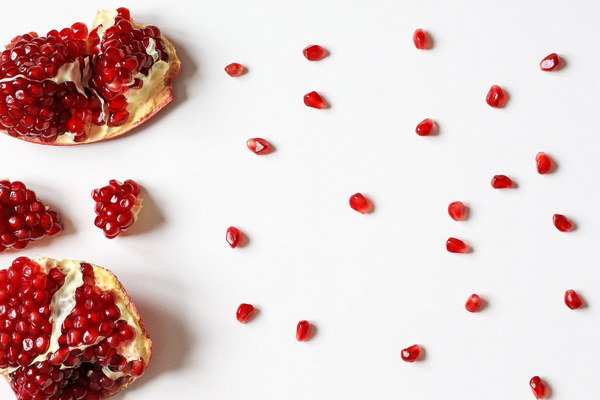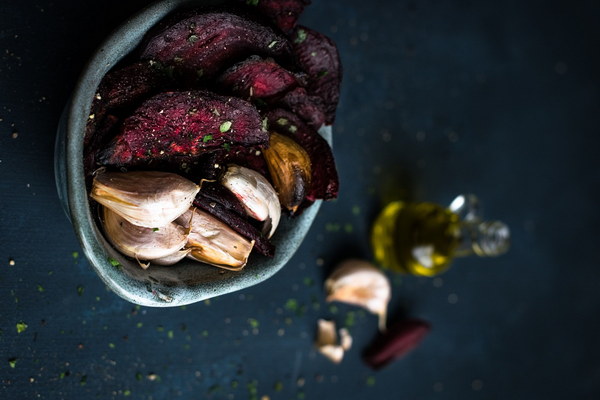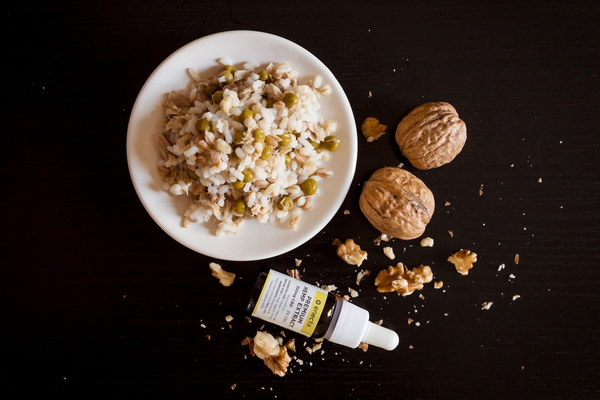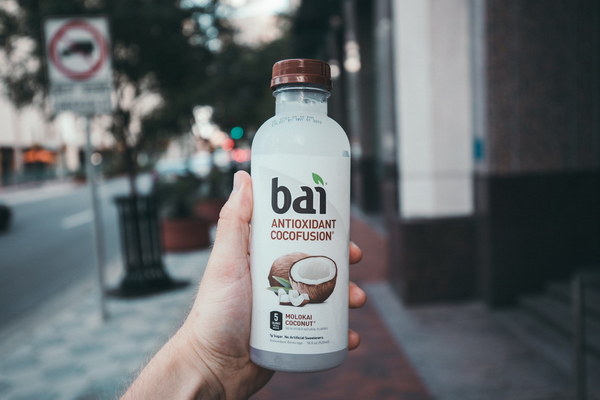Nourish Your Body with Traditional Chinese Herbs A Winter Wellness Guide
As the winter chill sets in, the body craves warmth and nourishment. Traditional Chinese Medicine (TCM) offers a wealth of natural remedies to help us stay healthy and vibrant during the cold season. This winter wellness guide explores the world of Chinese herbs that can help boost your immune system, increase energy levels, and soothe the body and mind.
Understanding TCM and Winter Herbs

Traditional Chinese Medicine is a holistic system of health care that has been practiced for over 3,000 years. It focuses on maintaining the balance of the body’s vital energy, known as Qi, and restoring harmony to the body, mind, and spirit. In winter, TCM emphasizes the importance of nourishing and warming the body to protect against the cold and to support overall well-being.
Top Winter Herbs for Nourishment
1. Gan Cao (Licorice Root)
- Gan Cao is a versatile herb that can be found in many TCM formulas. It is known for its sweet and neutral properties, which help to harmonize the body and balance the immune system. In winter, Gan Cao can be used to soothe a sore throat and support the adrenal glands, which may become taxed during the cold season.
2. Dong Quai (Angelica sinensis)
- Dong Quai is a well-known herb for women's health, particularly for regulating menstrual cycles and alleviating menopausal symptoms. Its warming properties also make it beneficial for winter, as it helps to improve blood circulation and promote warmth throughout the body.
3. Ginseng (Panax ginseng)
- Ginseng is a popular herb that is believed to boost energy levels and enhance the immune system. While there are different types of ginseng, Panax ginseng is most commonly used in winter. It is thought to increase Qi and Yin, providing a rejuvenating effect and helping to ward off colds and flu.
4. Schisandra (Schisandra chinensis)
- Schisandra is known for its ability to support the liver and boost the immune system. It is also used to relieve fatigue and improve mental clarity. Its sour taste and cooling properties make it a great choice for balancing the body's Yin during the cold winter months.
5. He Shou Wu (Polygonum multiflorum)
- He Shou Wu is a traditional herb that is used to nourish the kidneys and enhance vitality. It is believed to help with hair loss and improve skin health. In winter, it can help to strengthen the body's defenses and increase overall resilience.
Creating a Winter Herbs Tea Blend
One of the easiest ways to incorporate these herbs into your winter routine is by creating a warming tea blend. Here’s a simple recipe to get you started:
- Ingredients: 1 teaspoon of Gan Cao, 1 teaspoon of Dong Quai, 1/2 teaspoon of Ginseng, 1/2 teaspoon of Schisandra, and 1/2 teaspoon of He Shou Wu.
- Instructions: Place the herbs in a pot of boiling water and simmer for about 20 minutes. Strain the mixture and enjoy the warm, soothing tea. You can sweeten it with a bit of honey or lemon if desired.
Precautions and Considerations
While Chinese herbs can be beneficial for winter wellness, it’s important to use them correctly and safely. Here are a few precautions to keep in mind:
- Consult a Healthcare Professional: Before starting any new herbal regimen, it is always best to consult with a healthcare professional, especially if you have pre-existing health conditions or are taking other medications.
- Quality Matters: Ensure that the herbs you purchase are of high quality and sourced from a reputable supplier.
- Avoid Overuse: Herbs can be potent and should be used in moderation. Overuse can lead to adverse effects.
By embracing the wisdom of traditional Chinese medicine and incorporating these nourishing herbs into your winter routine, you can help keep your body and mind warm and healthy throughout the cold season. Remember, the key to wellness is balance, and TCM offers a holistic approach to achieving that balance, even in the depths of winter.

